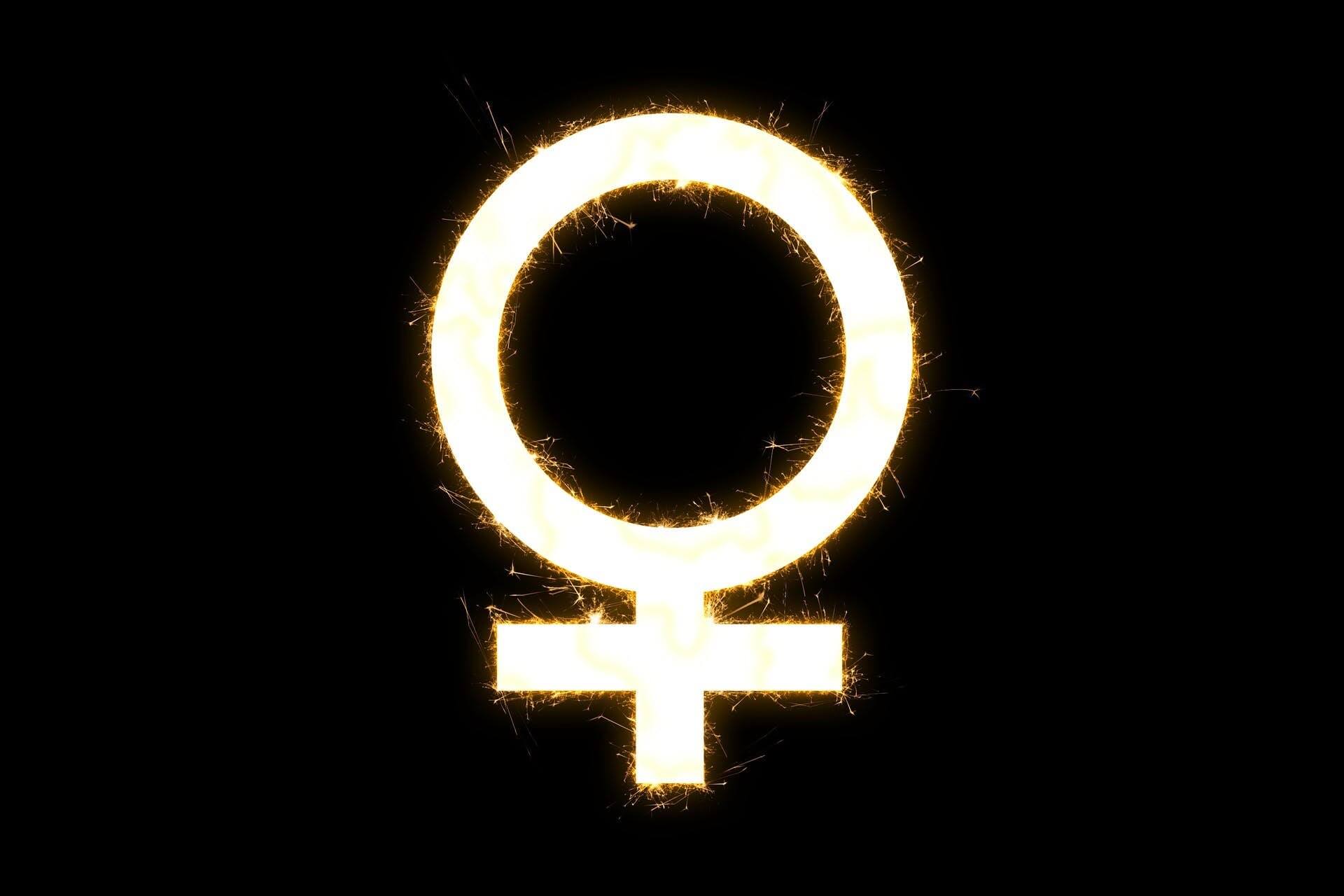This October marks the 15th anniversary of the UN Security Council’s Resolution 1325, which called for the adoption of a gendered perspective to reinforce the special needs of women and girls during post-conflict reconstruction, repatriation and resettlement, rehabilitation, and reintegration. The resolution marked the first time the Security Council required parties in a conflict to respect women’s rights, prevent and punish sexual and gender-based violence, and support their participation in peace negotiations and post-conflict reconstruction. Resolution 1325 was groundbreaking because it finally brought women’s rights into the discussion of peace and security at the UN.
In light of this anniversary, HRF commissioned the research and writing of a detailed report on the UN’s implementation of the 1325 Agenda to provide a comprehensive review of past actions and recommendations for future progress. The 136-page report was completed by Perseus Strategies, Covington & Burling LLP, and Crowell & Moring, and funded by the Shin Kong Life Foundation. This report is especially timely given UN Women’s forthcoming “Global Study on Implementation of Resolution 1325,” that was commissioned by the Security Council to inform its High-Level Review. HRF’s report provides specific recommendations to the UN on how to better its own implementation framework.
After the initial resolution, the Security Council passed six additional resolutions relating to 1325 and issued numerous presidential statements. These helped establish the Office of the Special Representative of the Secretary-General on Sexual Violence in Conflict and paved the way for the creation of UN Women, the official UN body dedicated to gender equality and women empowerment. Despite these successes, however, there have been major gaps in implementing the Women, Peace, and Security Agenda. Currently, the lack of clear leadership and accountability within the UN system, which is hampered by poor monitoring indicators and a real lack of serious resources, inhibits the proper coordination and implementation of the Agenda. This has made it challenging to identify meaningful impact.
“If the UN wants to match its actions to the commitments found in Resolution 1325, the Secretary-General must take personal responsibility for this initiative and use stronger language to urge Member States to aid in its implementation. The Security Council must ensure that 1325’s implementation is consistently considered in its work by creating a Working Group on Women, Peace, and Security. And to achieve better accountability within the UN system, UN Women must be formally designated as the lead organization in ensuring and monitoring 1325’s implementation,” said HRF president Thor Halvorssen.
The report also calls for $250 million to dedicate to the Agenda over the course of five years, prioritizing funding for the critical work of women’s civil society organizations, many of whom suffer under authoritarian regimes.
HRF’s report was based on interviews with dozens of experts globally, after a comprehensive review of content written and published on the Women, Peace, and Security Agenda.
“While there will be differing views as to the report’s recommendations, there should be a strong consensus that not nearly enough progress has been made since the Security Council adopted Resolution 1325,” said Halvorssen.
HRF is a nonpartisan nonprofit organization that promotes and protects human rights globally, with a focus on closed societies. HRF’s International Council includes such human rights advocates Jacqueline Moudeina, Mutabar Tadjibayeva, Elie Wiesel, Garry Kasparov, and George Ayittey.
Contact:
Jamie Hancock, (212) 246-8486, jamie@humanrightsfdn.wpengine.com
Jared Genser, (202) 320-4135, jgenser@perseus-strategies.com
Read the report on HRF’s website here.
